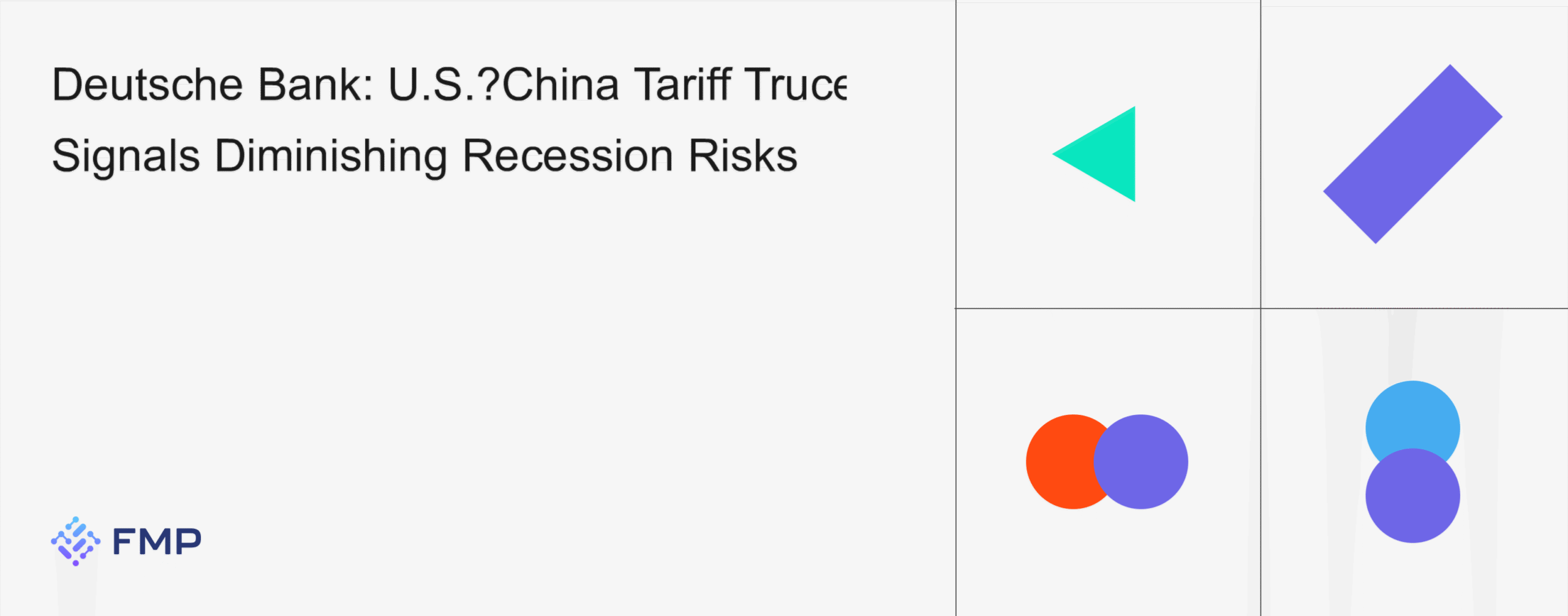Analysts at Deutsche Bank, led by Henry Allen, suggest that the recent agreement between the U.S. and China to pause and reduce tariffs marks a pivotal shift away from escalating trade tensions—and could help avert a global recession.
Policymakers Prioritize Stability
In a client note, the strategists highlighted that both governments are acutely aware of the economic fallout from market turmoil:
“An equity market sell-off makes consumers feel poorer, and a bond market sell-off raises borrowing costs for mortgages. Policymakers don’t want that, nor do they want a downturn that costs jobs and popularity.”
By dialing back levies—cutting most reciprocal U.S. tariffs to 10% (with a 20% fentanyl-related tariff exception) and China mirroring the reduction—both sides have created breathing room for trade and growth.
Robust Data Underscores Resilience
Deutsche Bank pointed to a string of robust U.S. and global data releases—ranging from stronger-than-expected GDP growth to solid consumer spending—as evidence that markets can withstand external shocks. Equity benchmarks have largely held firm, even in the face of prior tariff escalations.
Tracking the Next Economic Indicators
With trade tensions easing, investors will pivot to upcoming macro releases to confirm the strength of this turnaround. To stay ahead of key reports—such as GDP, inflation, and trade balance figures—use the Economics Calendar API for real-time updates on indicators that drive market sentiment.




